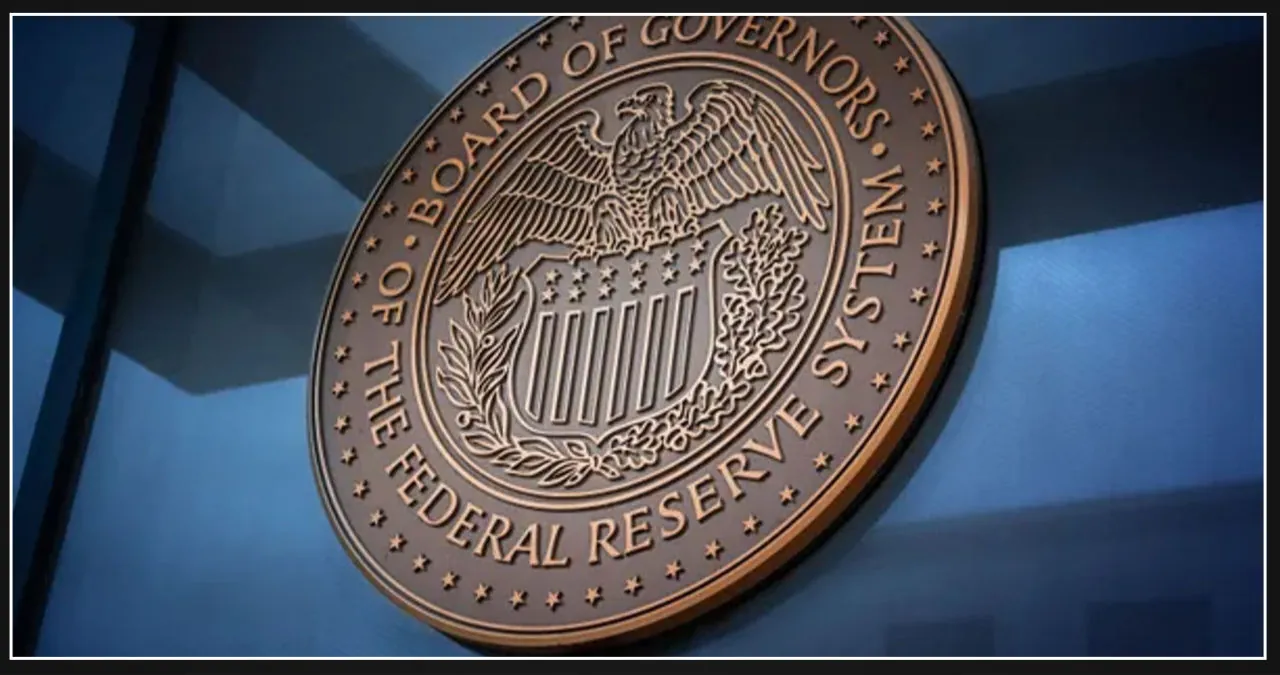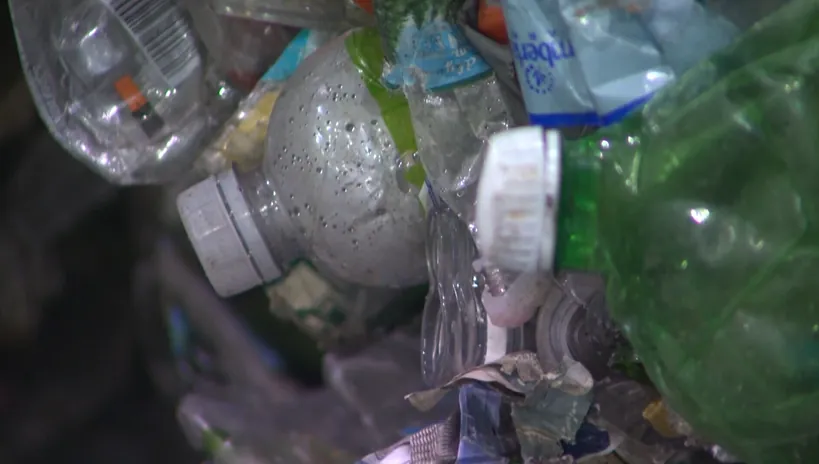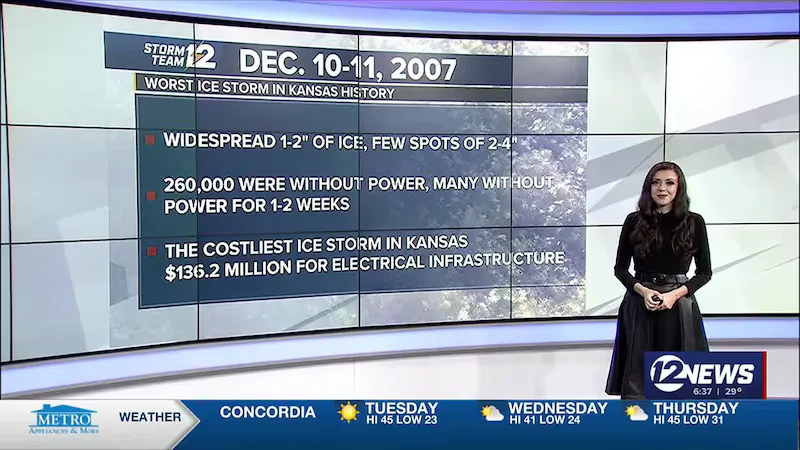The death of Roger Golubski, a former Kansas City, Kansas, police detective accused of rape and abuse, serves as a grim twist in an already dark tale. On the morning his trial was set to begin, Golubski took his own life, depriving victims of their chance to testify and the public of critical insights into decades of alleged corruption. His actions silenced both his victims and the potential accountability of those who worked alongside him. Golubski’s death solidified a legacy of secrecy and systemic failure, rather than paving the way for justice.
Golubski’s alleged crimes were not isolated incidents but symptoms of deeper issues within Kansas law enforcement. As Lauren Bonds, executive director of the National Police Accountability Project, noted, Kansas City, Kansas, operates as a tight-knit, insular community where oversight is scarce, and accountability even scarcer. This lack of transparency and external scrutiny fosters an environment where misconduct can flourish unchecked.
Across Kansas, similar patterns of law enforcement overreach are evident. One notorious example is the unconstitutional 2023 raid on the Marion County Record newspaper. Former Marion Police Chief Gideon Cody faces felony charges, but systemic accountability remains elusive. The raid’s chilling effect on press freedom and accountability persists, highlighting the troubling dynamics within insular law enforcement agencies.
Another case underscoring systemic issues involves the Kansas Bureau of Investigation (KBI), which resisted transparency during an investigation into misconduct within the Dickinson County Sheriff’s Office. The KBI cited concerns about potential violence against informants as justification for withholding records, showcasing how law enforcement can prioritize secrecy over public trust.
Additionally, civil asset forfeiture—a practice that allows law enforcement to seize property without requiring criminal charges—has faced criticism for its potential for abuse. While the Kansas Legislature passed reforms to curb such practices, the culture of impunity remains a significant obstacle. Corrupt officers can exploit these systems to bolster departmental funds at the expense of citizens’ rights.
The pervasive “blue wall of silence” complicates efforts to address these issues. While many officers work with integrity, a culture of secrecy within law enforcement often shields bad actors. This culture, combined with weak open records laws, hampers public efforts to hold law enforcement accountable. Legal experts, like First Amendment attorney Max Kautsch, have highlighted the shortcomings of the Kansas Open Records Act (KORA). A 1987 Kansas Supreme Court ruling rendered KORA ineffective in compelling law enforcement transparency, further weakening public oversight.
Reforming these laws is essential to prevent future abuses. Strengthening KORA and overturning problematic legal precedents would enable greater scrutiny of law enforcement practices, shedding light on cases of misconduct and fostering accountability. Political courage from Kansas leaders—across party lines—will be necessary to confront the powerful police lobby and demand transparency.
As for Golubski, his death denies Kansas the opportunity to fully uncover the scope of his alleged misconduct and the system that enabled it. However, his death should serve as a stark reminder. Without systemic reform, the state risks perpetuating cycles of abuse and cover-ups. Kansas must not allow the actions of one man, no matter how egregious, to obscure the broader need for justice and transparency in law enforcement.
While police officers face challenging, often dangerous jobs, they must uphold the public’s trust to earn respect. From Kansas City to Marion and beyond, the state must prioritize accountability, transparency, and systemic reform to rebuild trust in its law enforcement institutions.






